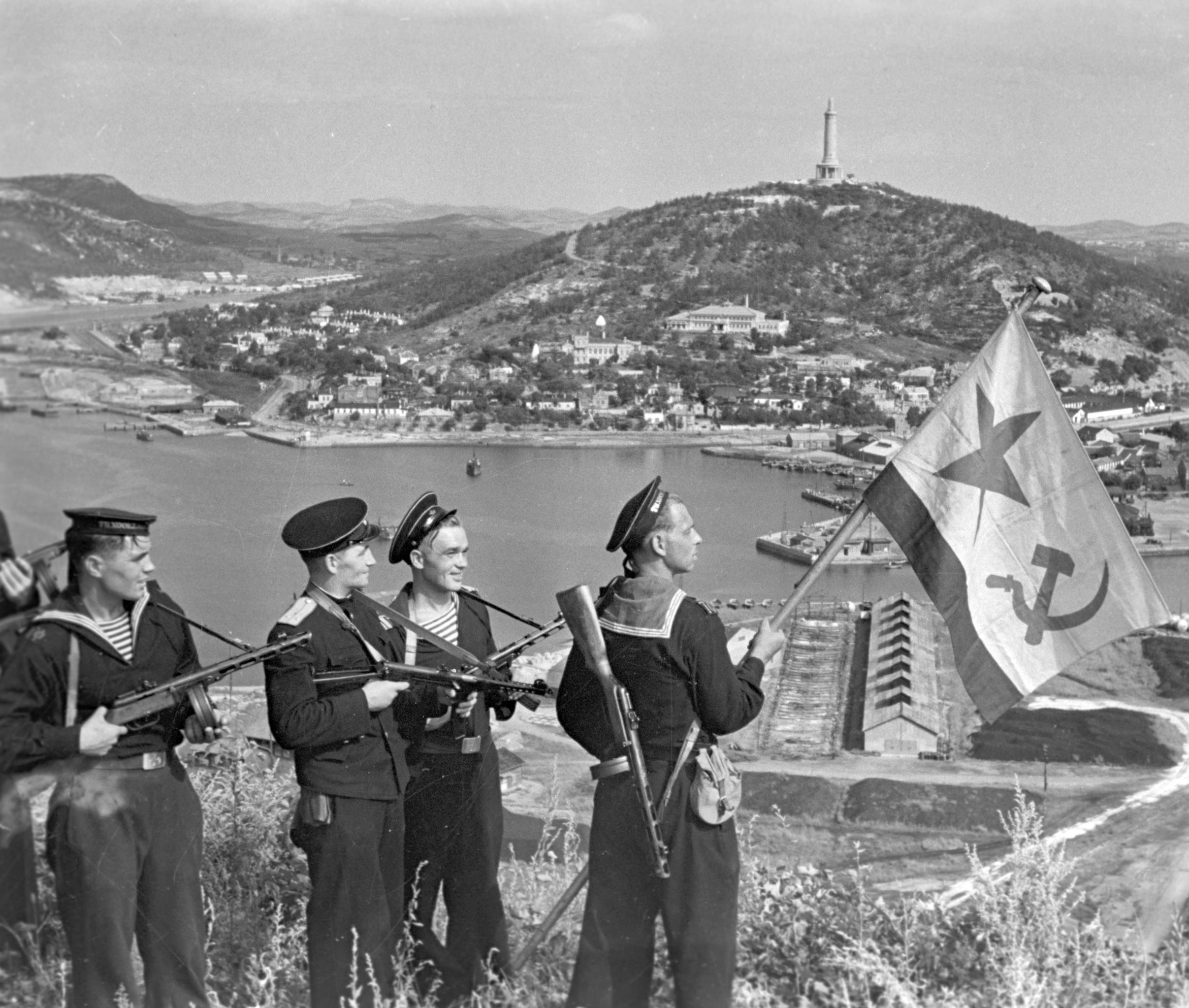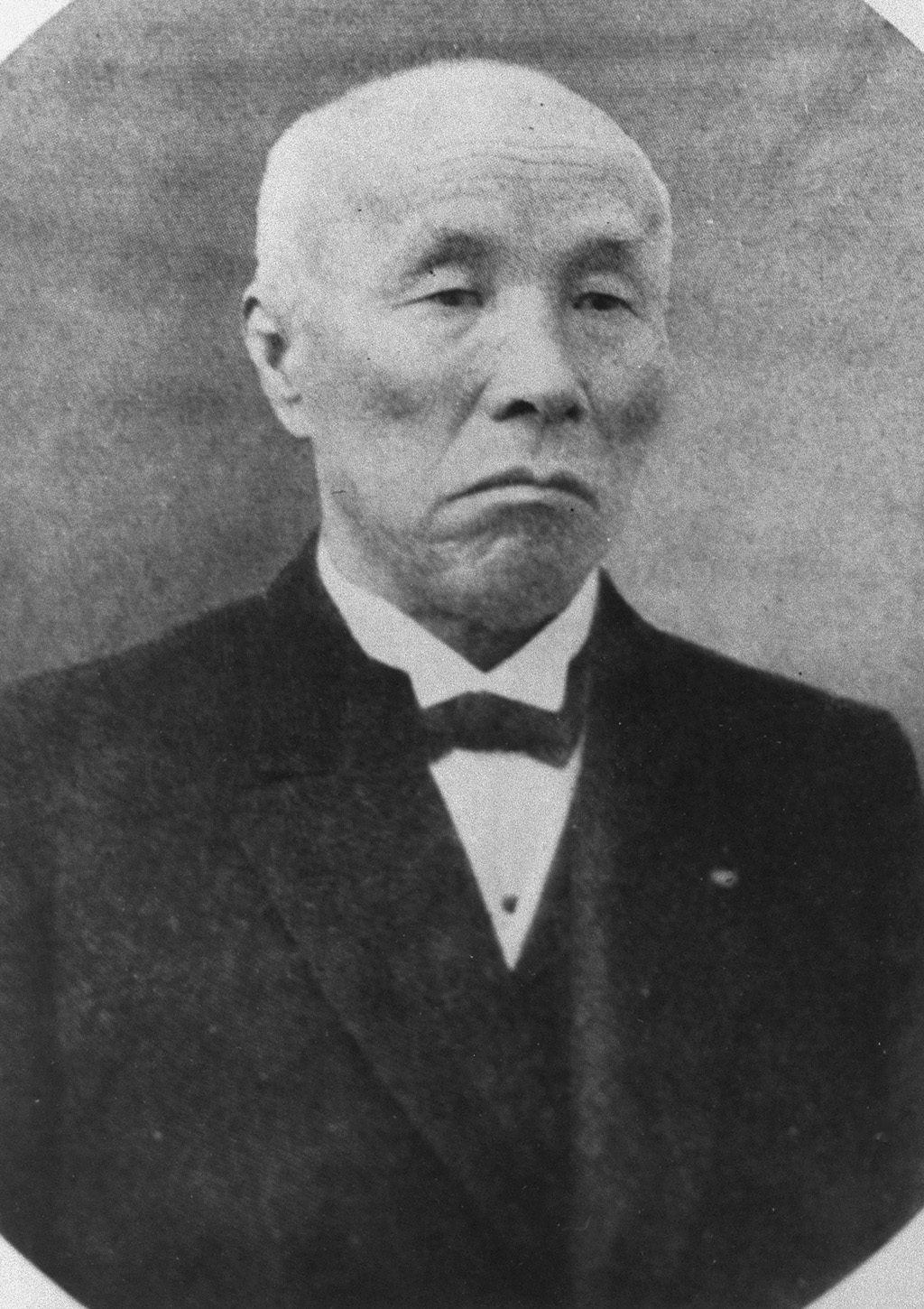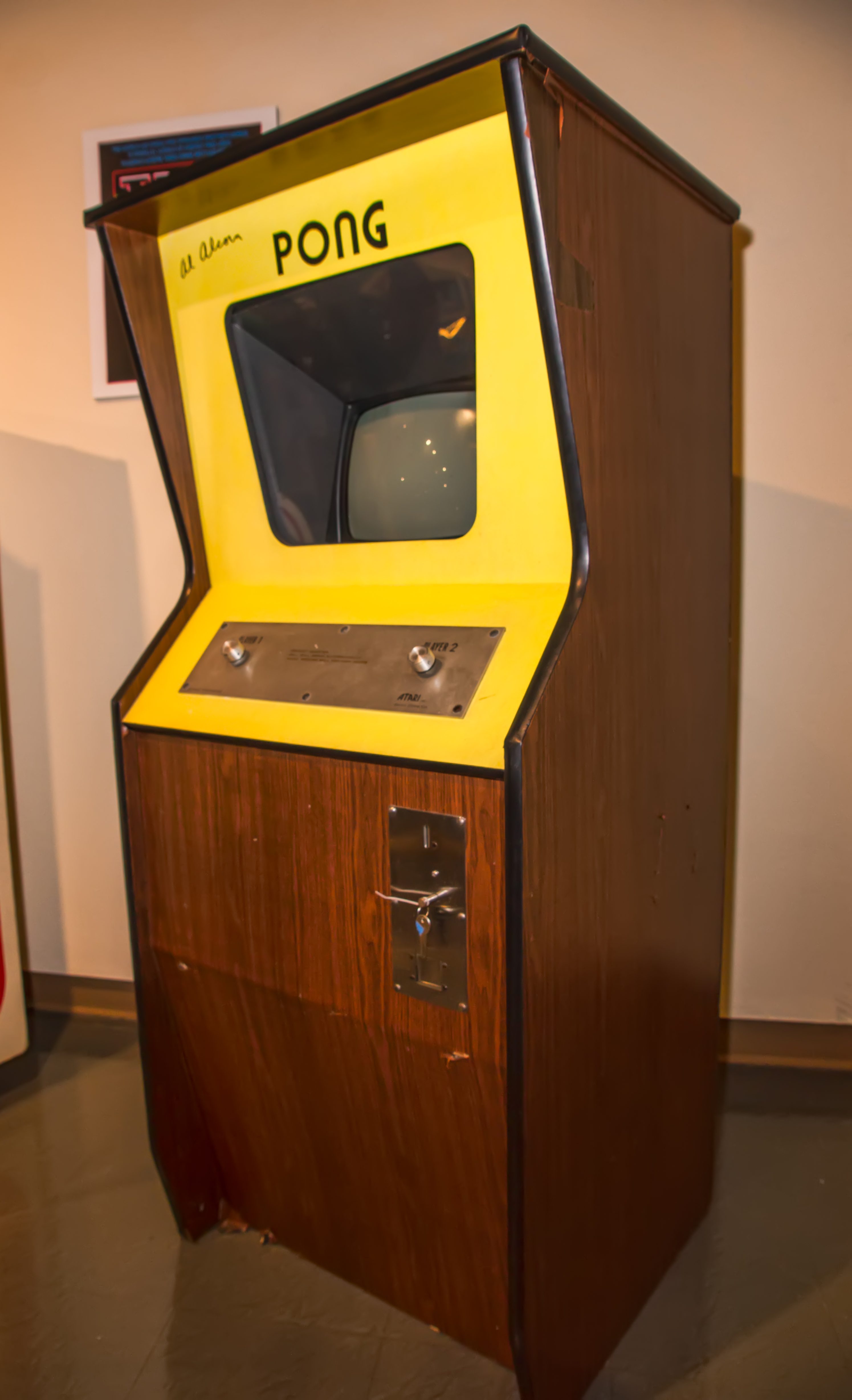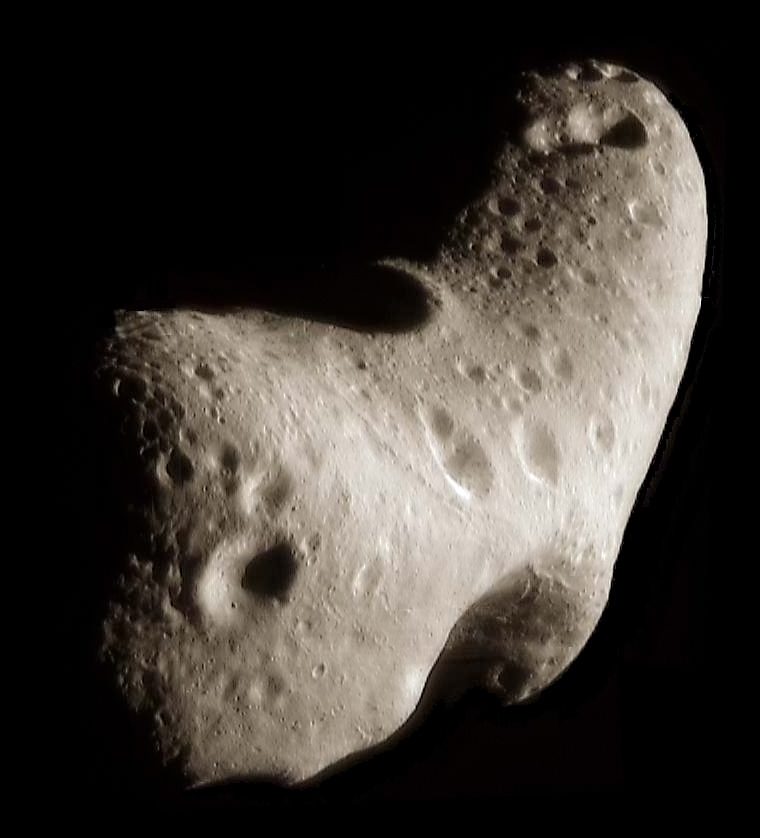Description
The Soviet–Japanese War was a campaign of the Second World War that began with the Soviet invasion of Manchuria following the Soviet declaration of war against Japan on 8 August 1945. The Soviet Union and Mongolian People's Republic toppled the Japanese puppet states of Manchukuo in Manchuria and Mengjiang in Inner Mongolia, as well as northern Korea, Karafuto on the island of Sakhalin, and the Kuril Islands. The defeat of Japan's Kwantung Army helped bring about the Japanese surrender and the end of World War II. The Soviet entry into the war was a significant factor in the Japanese government's decision to surrender unconditionally, as it was made apparent that the Soviet Union was not willing to act as a third party in negotiating an end to hostilities on conditional terms.







